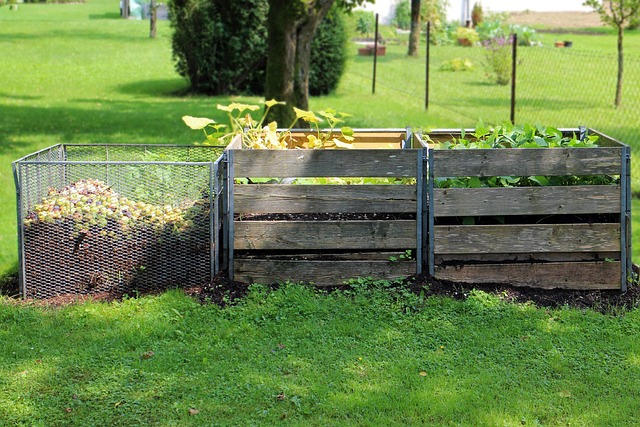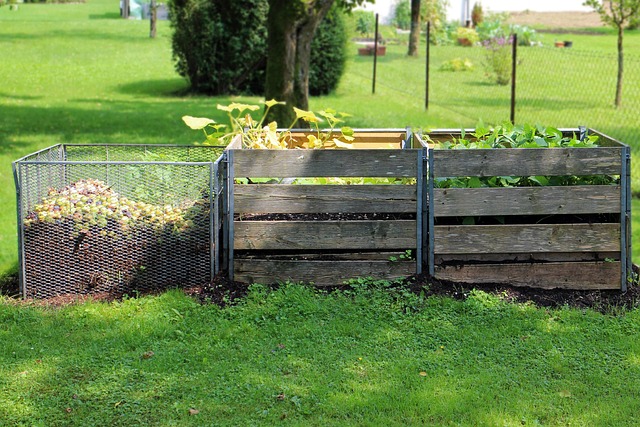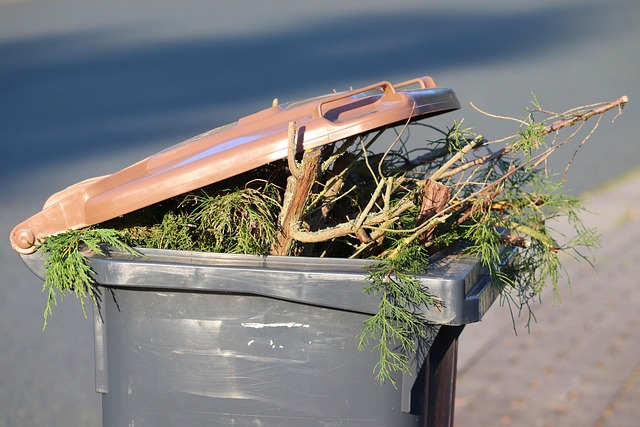In an age where environmental consciousness has become paramount, the concept of sustainability is gaining traction among gardeners, environmentalists, and nature lovers alike. At the heart of this green movement lie the compost masters of nature—those organisms and processes that transform organic waste into nutrient-rich fertilizer, rejuvenating the earth and supporting a thriving ecosystem.
Composting is not merely a method of waste management; it is a powerful practice that embodies the principles of eco-friendliness and sustainable living. By returning organic matter back to the soil, composting enriches the ground, improves its structure, and enhances its ability to retain moisture. This ability is particularly crucial as climate change prompts erratic weather patterns and increasing droughts. The art of composting harkens back to nature’s circular systems where nothing goes to waste, and every component plays a vital role. It’s about embracing the rhythm of nature.
For gardeners, becoming a compost master means understanding the various ingredients that contribute to this magical process. From kitchen scraps like vegetable peelings and coffee grounds to yard waste such as leaves and grass clippings, every organic material has the potential to enrich the soil when composted. These humble contributions play a giant role in creating vibrant gardens and lush landscapes, and they link the cycle of life, death, and rebirth—an inherent story of nature itself.
Eager gardeners who adopt composting are not just cultivating plants; they are fostering an environment that supports biodiversity. By using organic compost rather than chemical fertilizers, they encourage the living organisms in the soil to flourish, thus creating a healthier habitat for insects, worms, and microfauna. This harmonious relationship contributes to a balanced ecosystem, promoting beautiful gardens filled with colorful blooms and fruitful harvests.
Moreover, the act of composting is a simple yet impactful way for individuals to reduce their carbon footprint. Each home that composts organic waste significantly minimizes what ends up in landfills, which in turn reduces methane emissions—a potent greenhouse gas released during the breakdown of organic matter in landfills. By nurturing the role of the compost masters, we can all contribute to mitigating climate change and embracing a greener future.
As we delve deeper into our gardens, we learn from nature’s wisdom. The composting process demonstrates patience, as it takes time for organic materials to decompose and transform into nourishing compost. Each layer represents seasons of growth, decay, and regeneration, mirroring the natural cycles that govern our environment. With every scoop of rich, dark compost, we reconnect with the earth, acknowledging our part in a larger story of sustainability.
Whether you have a sprawling garden or just a small balcony with potted plants, becoming a compost master is accessible to everyone. It invites you to grab your shovel, start a compost pile, and embark on a journey that not only benefits your garden but also our planet. Let’s celebrate the unsung heroes of our ecosystem—the tiny organisms and the processes that turn waste into treasure, guiding us toward an eco-friendlier existence. Together, we can cultivate a greener world, hand in hand with nature.



